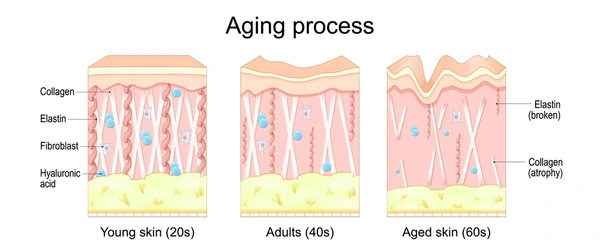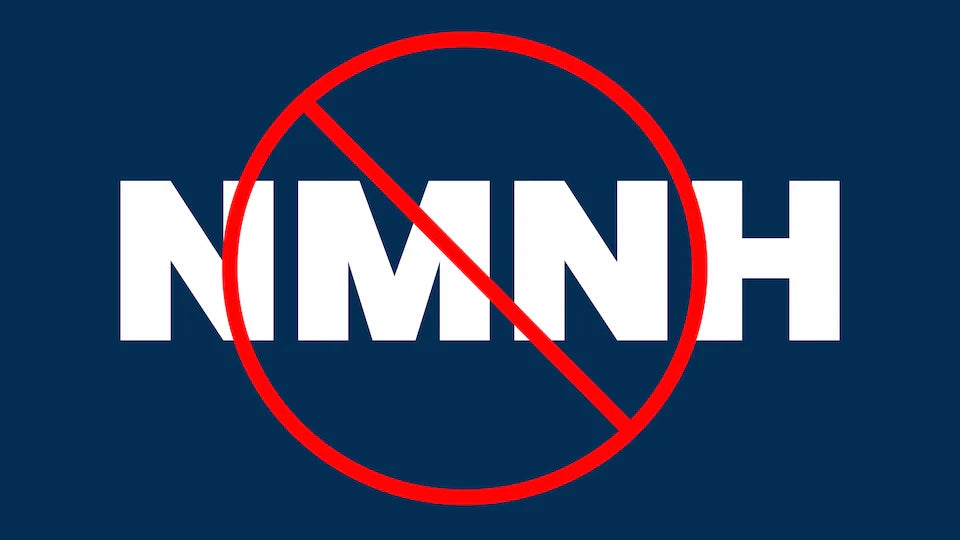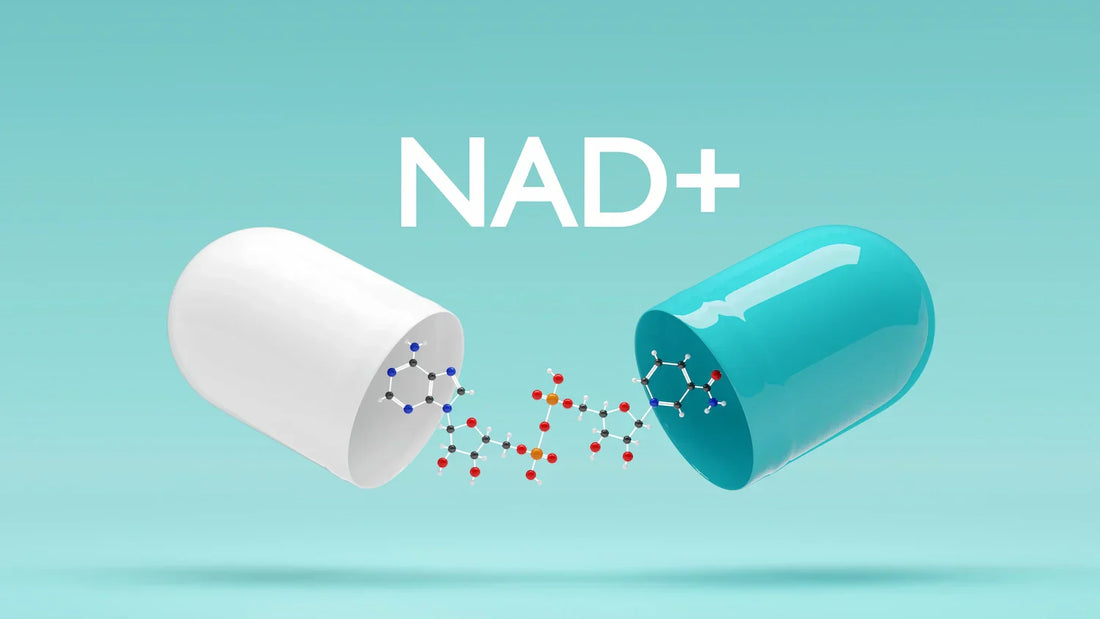NMN, NR, and NAD+: A Brief Refresher
NAD+ is an important molecule found in virtually every cell of your body, which is required for DNA repair, energy production, metabolism, and maintaining cellular health.(1)
Meanwhile, nicotinamide mononucleotide (NMN) and nicotinamide riboside (NR) are both precursors to NAD+, meaning that they can be converted by the body into NAD+ to restore its levels. All three compounds have recently sparked growing interest among scientists and supplement manufacturers alike for their ability to support healthy aging and prevent age-related complications.

Latest Leaps in NAD+ Research
Within the past few years, a slew of new studies have emerged, highlighting the potential perks of NAD+ for aging, brain health, metabolism, and more. Below, we take a deep dive into what the latest science shows.
Longevity and Aging
As you get older, NAD+ levels naturally decline due to chronic inflammation and increased oxidative stress — the imbalance between harmful free radicals and antioxidants in your body. (2)
NAD+ may impact several aspects of aging, including cellular senescence, a process that occurs when cells stop dividing in response to aging, stress, or damage. (3) What’s more, animal studies also suggest that higher levels of NAD+ could (4):
- enhance heart health
- increase muscle strength
- protect against cognitive decline
- improve metabolic syndrome
New studies are continuing to shed light on the role of NAD+ in aging and longevity.
For example, one study found that NAD+ could slow the natural aging process and protect against aging caused by exposure to ultraviolet light in human cells. According to researchers, these anti-aging effects are credited to its ability to improve mitochondrial function, activate sirtuins (also known as “longevity proteins”), and enhance autophagy, a process that helps clean out damaged or dysfunctional cells. These effects were amplified even more when NAD+ was paired with enoxolone, a compound in licorice, and quercetin, a flavonoid found in a variety of fruits and vegetables. (5)
Another study in adults ages 45-60 found that supplementing with 300 mg of NMN per day for 90 days caused a significant increase in the length of telomeres in white blood cells — an indicator of biological aging — by increasing levels of NAD+. Researchers point out that these findings suggest that NMN supplementation could actually help slow down the aging process. (6)
Interestingly, an upcoming study (currently available as a preprint) also suggests that long-term NMN supplementation could have powerful effects on longevity. The study found that treating mice with NMN reduced overall frailty, improved male metabolic health, and extended the lifespan of female mice by a whopping 8.5%. Additionally, it slowed the build-up of fat tissue later in life and increased gut levels of Anerotruncus colihominis, a strain of bacteria tied to reduced inflammation in mice and increased longevity in humans. (7)
Metabolic Health
The natural decline of NAD+ levels as you get older can interfere with the function of beta cells in the pancreas, which are responsible for secreting insulin to balance blood sugar levels. Research suggests that NAD+ precursors like NMN can promote the release of insulin and improve insulin sensitivity, which could in turn help prevent diabetes. Not only that, but NMN can also regulate fat metabolism, promote fat-burning, and decrease body fat accumulation, all of which can help you manage your weight. (8)
A 2024 study demonstrated that NMN can ramp up glucose uptake — the transport of sugar from the bloodstream to the cells — through several different mechanisms. For starters, it could increase levels of a mitochondrial protein called UCP1, which converts glucose into heat. It may also boost the production of ketone bodies, which serve as an alternative source of fuel for your body and brain when sugar is in short supply. Beyond increasing glucose uptake, NMN could also enhance insulin sensitivity and alleviate inflammation by altering the expression of specific hormones, like resistin. (9)
Restoring NAD+ levels may influence other aspects of metabolic health as well. A study in 30 overweight and obese middle-aged and older adults found that taking 500 mg of NMN twice daily for 28 days increased blood levels of NAD+ and significantly reduced LDL (bad) cholesterol, body weight, and diastolic blood pressure compared to a placebo. Although the way it works isn’t clear-cut, NAD+ is believed to ease inflammation, reduce oxidative stress, and alter the expression of liver X receptors, which control how the body processes fat and cholesterol. (10)
In another small study, NMN injections enhanced blood levels of NAD+ and decreased triglyceride levels by activating nicotinamide phosphoribosyltransferase (NAMPT), an enzyme that regulates triglyceride levels. Not only could this potentially help with obesity and aging, but it may even aid in the treatment of fatty liver disease and diabetes. (11)

Brain Function
NAD+ plays a central role in brain function by supporting energy production, DNA repair, and neurogenesis — the formation of new neurons in the brain. (12) Because NAD+ levels naturally decline over time, NAD+ precursors like NMN and NR could potentially help preserve brain function and protect against cognitive decline as you get older.
Recent research has turned up promising results, suggesting that these NAD+ precursors could help combat cognitive decline and boost brain function. For instance, a 2025 study in 46 older adults with cognitive decline and mild cognitive impairment found that taking 1 gram of NR per day for eight weeks led to a 7% reduction in phosphorylated tau (pTau) — a type of protein used as a biomarker for Alzheimer’s disease. The authors of the trial point out that longer, larger-scale studies are needed to understand how NR may impact these biomarkers in the brain. (13)
Another recent review of 30 studies in mice found that NAD+ precursors like NMN or NR could help prevent cognitive deficits by reducing inflammation, oxidative stress, and apoptosis (cell death). According to researchers, these findings could pave the way for future studies, which may even explore the use of NAD+ to treat cognitive decline in humans. (14)
Finally, in an animal model published in Food & Function, mice were given high doses of sugar or aspartame (an artificial sweetener) for eight weeks, followed by treatment with NR. The study found that NR helped alleviate cognitive issues related to sugar and aspartame exposure, including anxiety, depression, and impaired learning, memory, and sociability. Beyond boosting NAD+ levels, NR was also found to help ease inflammation in the brain and regulate oxidative stress, cell death, and autophagy. (15)

Conclusion
Restoring NAD+ levels through supplements like NMN and NR shows promising potential for supporting longevity, metabolic health, and brain function. While new evidence continues to emerge, current research suggests that boosting NAD+ levels could also help combat age-related decline and keep cells healthy, especially as you get older. As interest in NAD+ continues to climb, these supplements could become powerful tools for promoting healthier aging.




